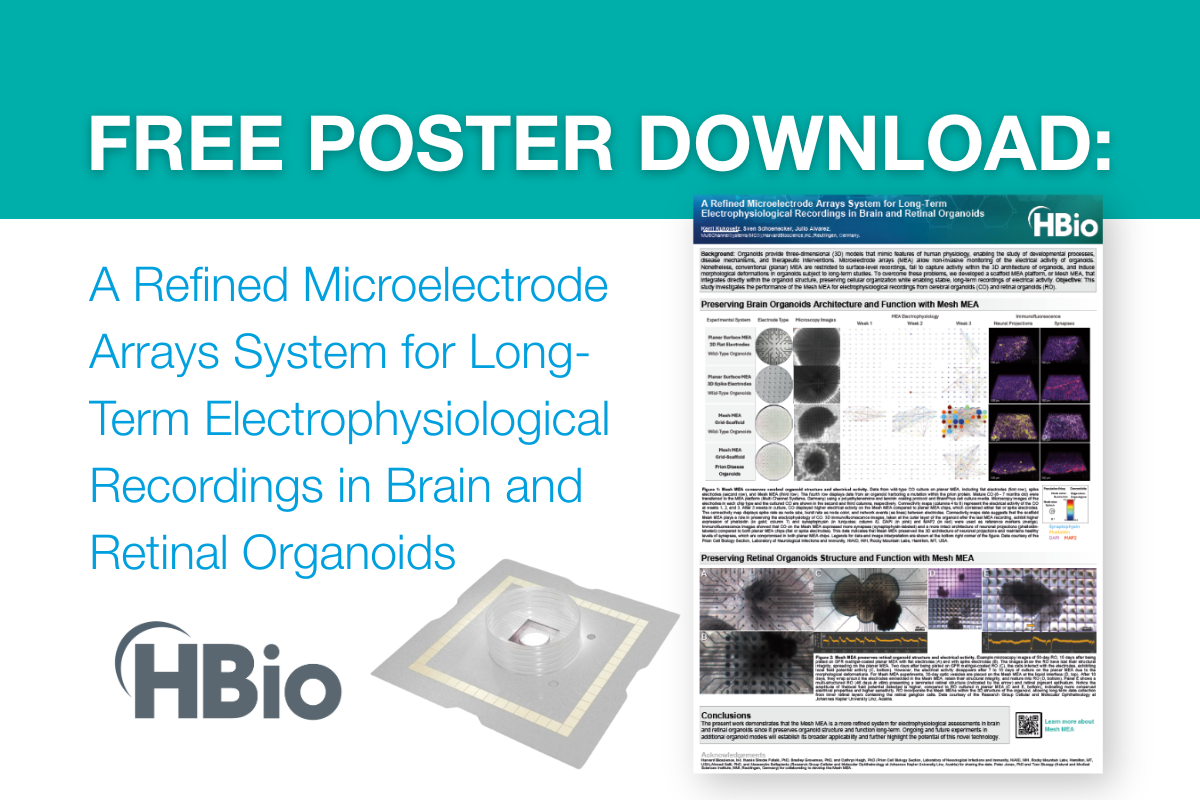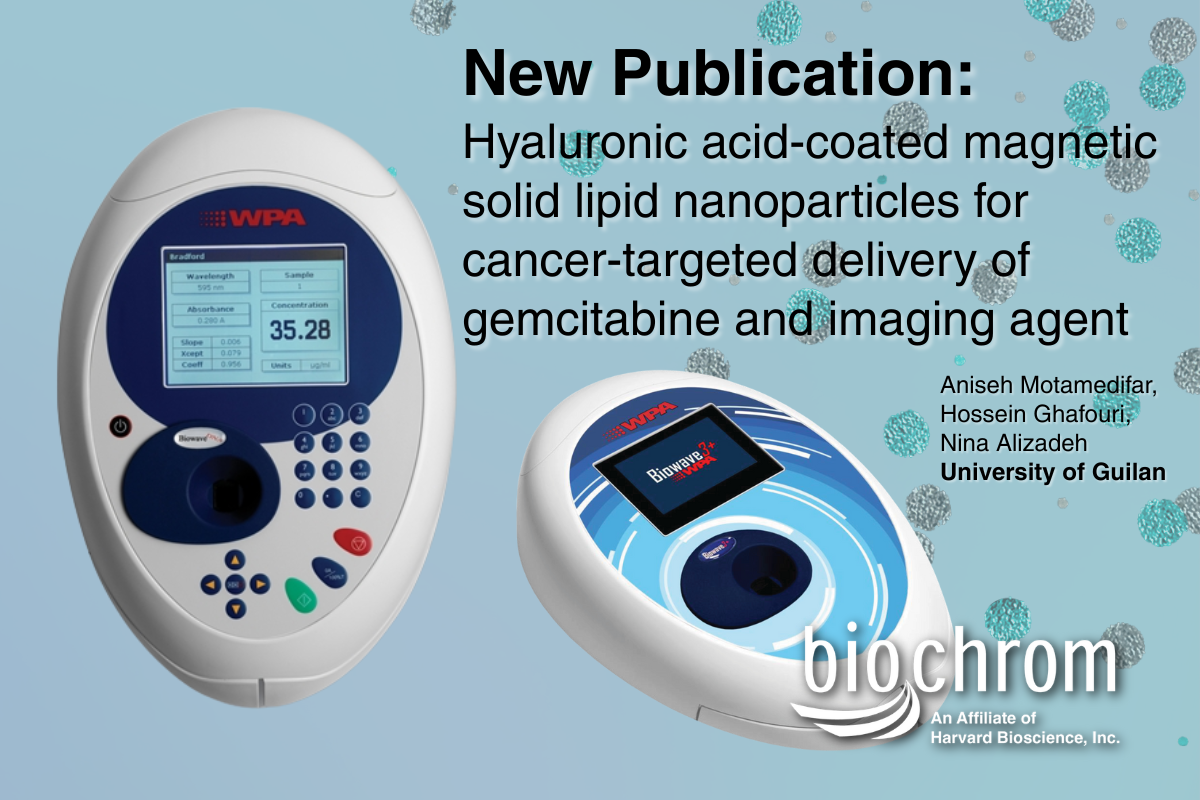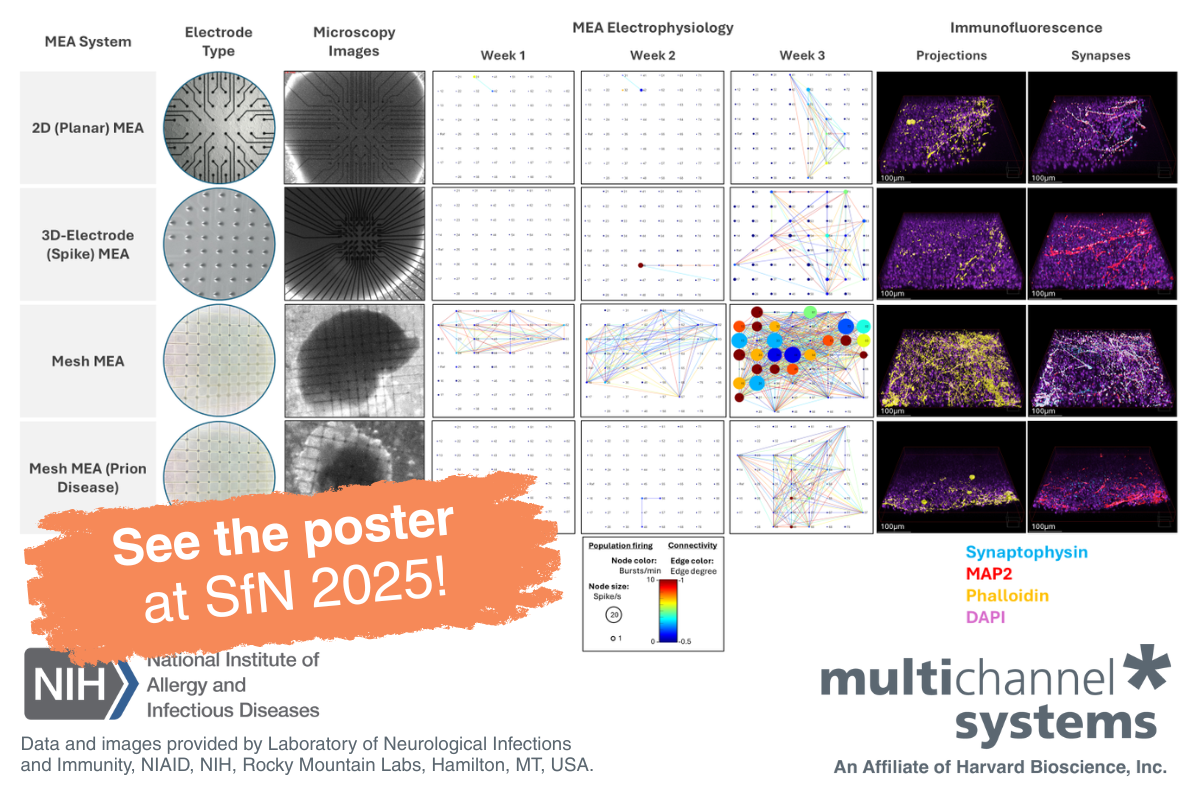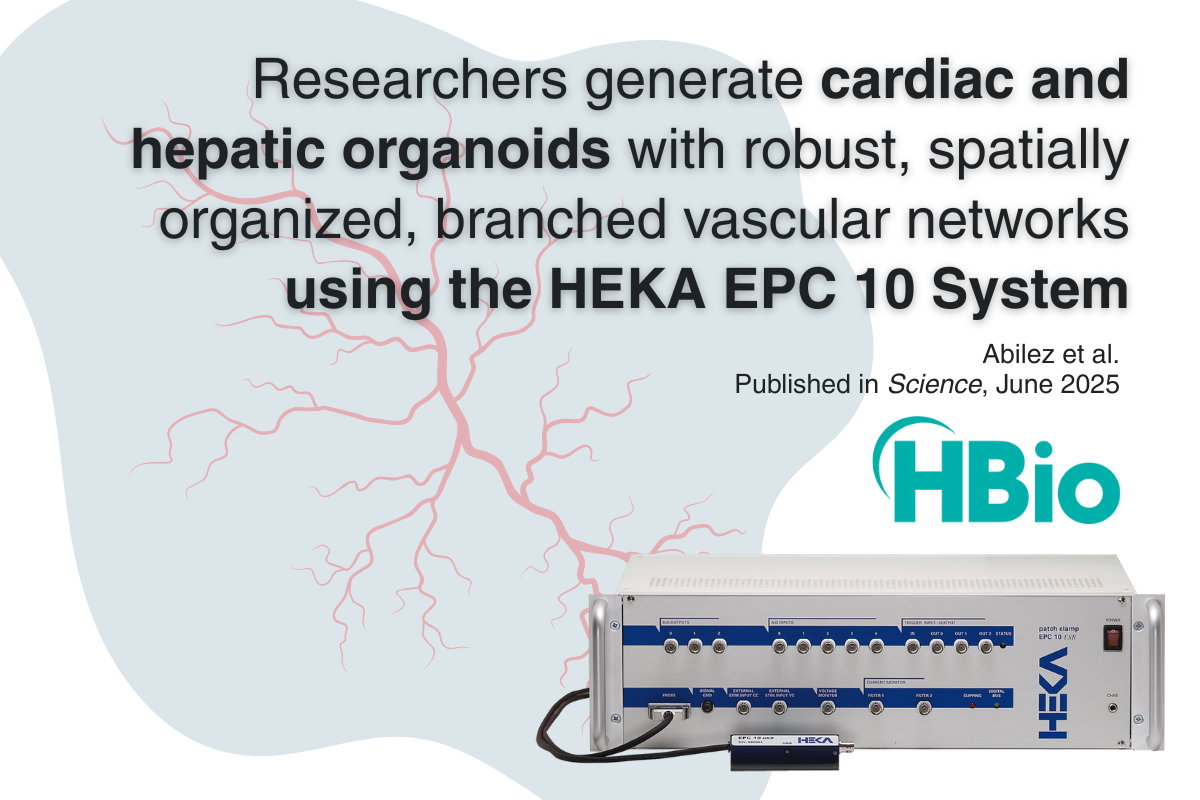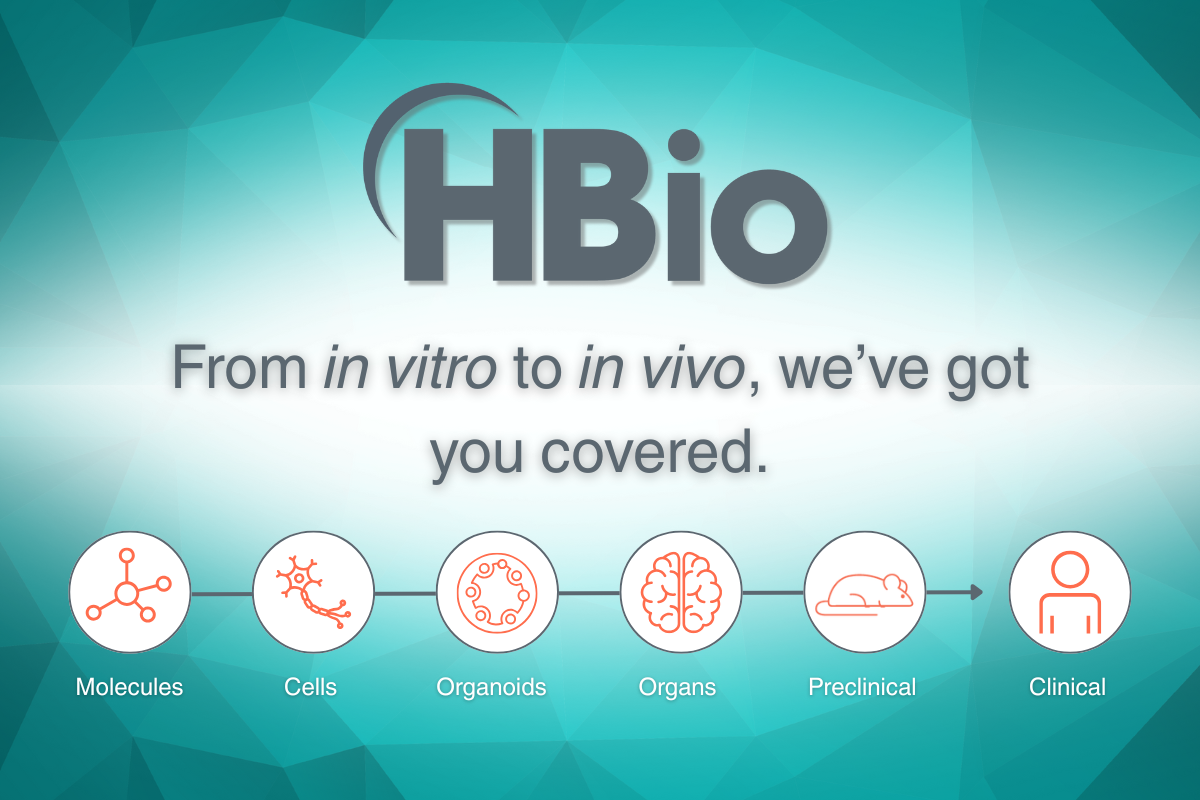
Bridging the Gap: Meeting Today’s Research Funding Priorities with Holistic In Vitro and In Vivo Approaches
Funding bodies increasingly favor research that integrates in vitro and in vivo approaches for full translational impact. Discover how Harvard Bioscience’s comprehensive portfolio—from molecular assays to whole-animal models—supports rigorous, reproducible science aligned with today’s funding priorities. Build seamless workflows, strengthen grant proposals, and accelerate your path from bench to bedside with a single trusted partner.
The research funding landscape is shifting. Funding bodies like the NIH are increasingly favoring proposals that demonstrate a full translational arc, from molecular mechanisms explored in vitro to physiological relevance confirmed in vivo. This integrated strategy enhances scientific rigor and impact, increases reproducibility, and positions discoveries closer to clinical application.
Harvard Bioscience is uniquely positioned to support this paradigm. Our comprehensive portfolio spans the entire research continuum, enabling scientists to generate meaningful data across every experimental phase. From gene-level investigations to full animal models, we’re your single-source partner for building studies that meet today’s funding expectations.
From Molecule to Cell: Building the Foundation
Robust discovery starts at the cellular and molecular level. Harvard Bioscience supports this critical first step with tools that optimize precision, efficiency, and scalability:
- BTX™ Electroporation Systems make gene and molecule delivery fast, reproducible, and gentle across cell types, ideal for CRISPR workflows and gene function studies.
- Biochrom spectrophotometers and amino acid analyzers provide fast, reliable quantification of biomolecules—ensuring accurate sample validation and metabolic profiling across a range of research applications.
- Harvard Apparatus Syringe and Peristaltic Pumps deliver ultra-precise fluid handling for cell culture, microfluidics, and infusion studies, critical for consistency in high-stakes assays.
- HEKA Patch Clamp Systems offer industry-leading accuracy for studying ion channels and synaptic activity at the single-cell level, powerful for neuroscience, cardiology, and pharmacological screening.
In Vitro Electrophysiology: Functional Insights from Cells to Organoids
When it comes to functional phenotyping of cells, tissues, and organoids, Multi Channel Systems (MCS) delivers:
- Microelectrode Array (MEA) platforms for monitoring electrical activity in neurons, cardiomyocytes, and other excitable cells.
- Incub8™, our newest innovation, is redefining high-throughput in vitro electrophysiology. Designed for flexibility and performance, this compact system fits easily inside standard incubators, bringing together environmental control, real-time visualization, and multimodal analysis in one powerful platform
- Mesh MEA for high-resolution recording from 3D organoids, ideal for brain, cardiac, and gut models that reflect human complexity.
- Foresee IntraCell Integration for laser based optoporation to capture high quality intracellular action potentials for extended periods driving multimodal insights while maintaining cell viability.
Together with HEKA and BTX systems, these technologies create a strong functional and mechanistic foundation that feeds seamlessly into in vivo work.
Bridging the Middle: Organs, Fluids & Systems
For studies that span beyond cells but precede whole-animal models, we offer specialized tools that bridge the gap:
- Hugo Sachs Organ Perfusion Systems enable controlled, reproducible ex vivo studies in isolated heart, lung, kidney, and intestine, perfect for pharmacology and toxicology.
- CMA Microdialysis systems offer continuous in vivo sampling of neurotransmitters, hormones, and metabolites from discrete brain regions or peripheral tissues, ideal for longitudinal studies.
These systems help researchers maintain physiological relevance while reducing animal use and maximizing data per subject, an increasingly important metric in grant reviews.
Translating Discovery In Vivo: Precision in Physiology
Harvard Bioscience also equips researchers with best-in-class tools for whole animal studies, where physiological complexity brings cellular discoveries to life.
- Data Sciences International (DSI) provides gold-standard implantable telemetry (SoHo™, PhysioTel™) and external telemetry (JET™) systems for tracking vital signs like biopotentials (EEG, EMG, ECG), blood pressure, respiration, blood glucose, core body temperature, and locomotor activity in real time.
- Buxco™ respiratory and inhalation exposure offer targeted assessment of lung function and compound delivery using both noninvasive and invasive methods, supporting a wide range of research approaches in freely moving rodents.
- Ponemah™ Software integrates signals across time points and modalities, simplifying synchronized data acquisition and analysis.
- Panlab Behavioral Solutions empower researchers to assess cognition, emotion, motor coordination, and social behavior, crucial for neurological, psychiatric, and pain studies.
Together, these systems ensure your in vivo studies generate high-integrity, reproducible data while prioritizing animal welfare, strengthening the translational relevance of your research from bench to bedside.
One Partner, Full Continuum
At Harvard Bioscience, we collaborate with researchers across the full scientific continuum - from molecule to mechanism to model - offering trusted brands and holistic solutions that help drive consistent, efficient, and rigorous science aligned with today’s funding expectations
Let us help you build integrated workflows that drive translational impact and stand out in today’s competitive funding environment. Contact us today!
If you’re attending the Safety Pharmacology Society (booth 405), Society for Neuroscience (booth 1928), or American College of Toxicology (booth 711) meeting this fall, stop by our booth and let’s chat!

